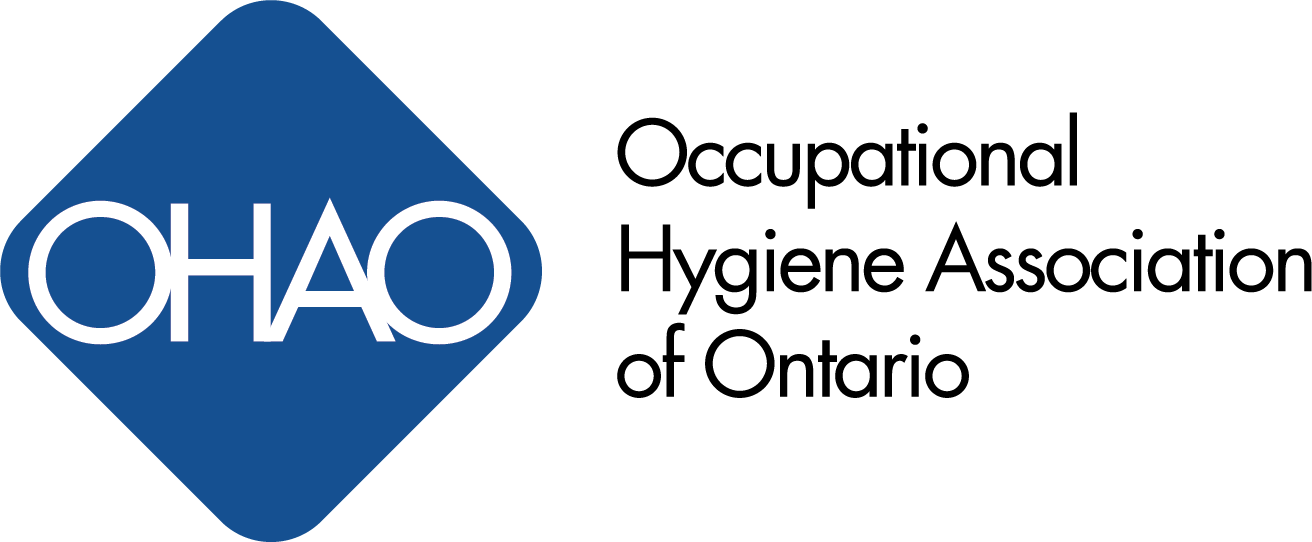What is Occupational Hygiene?
Occupational Hygiene is a science and art devoted to the recognition, evaluation and control of those environmental factors or stresses arising in or from the workplace which may cause sickness, impaired health and well-being, or significant discomfort and inefficiency amongst workers or among the citizens of the community. The anticipation, recognition, evaluation and control of workplace hazards or stresses which may lead to illness or discomfort are the primary roles of the occupational hygienist.
Canadians have become increasingly aware of the dangers associated with excessive exposure to various chemicals in the workplace. Biological hazards and physical stresses such as noise and radiation have also aroused public concern as new technologies are introduced and the nature of work changes. Employees are no longer prepared to accept such hazards as a normal part of work. Skilled occupational hygienists evaluate these biological and physical work stressors to make recommendations for the redesign of the workplace.
While the general perception is that workplace hazards are associated with the traditional industrial environment, the role of the occupational hygienist has expanded into offices and other workplaces such as farms, retail establishments, hospitals, laboratories and teaching institutions.
- The typical downtown office complex which houses thousands of workers presents the occupational hygienist with many health, safety and comfort related issues such as indoor air quality, heating, ventilation, noise, lighting and ergonomic concerns.
- Occupational health and safety laws regulate exposure to workplace hazards and the occupational hygienist has an important role to play in achieving compliance with these regulations.
- Where occupational hygienists recognize harmful exposures they make recommendations to control these exposures. For example, a hygienist may recommend installation of soundproofing to reduce noise levels around industrial machinery or ventilation to reduce airborne exposure to hazardous substances.
- Members of OHAO are expected to adhere to a code of ethics which places protection of employees above all other considerations.
- Many occupational hygienists are employed by industry and by labour organizations to protect workers. Governmental hygienists are actively involved in the development, application and enforcement of occupational health and safety regulations.
- Occupational hygienists know that safe and healthy working conditions enhance the quality of life for the people involved and contribute to productive work.
